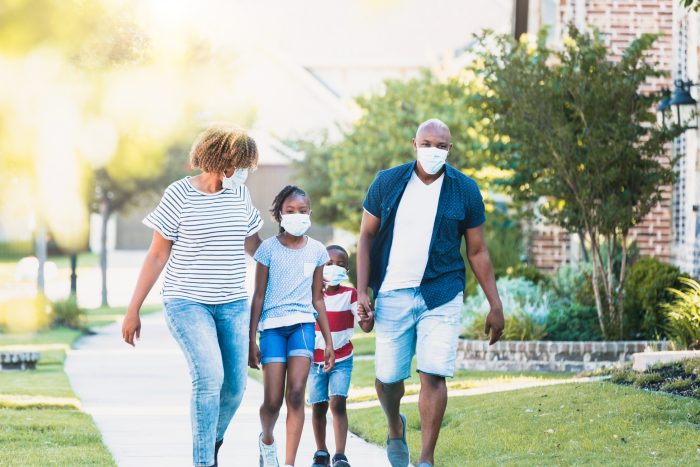*Update: As of April 2, the CDC released new travel guidelines with relaxed restrictions for U.S. travelers.
So you’re vaccinated…now what? Learn more about the speculated ‘vaccine passport’, how restrictions are evolving, and more…
As vaccines roll out around the world, many new questions regarding COVID travel are beginning to surface in our minds. Questions like: How long does it take for immunity to set in? How long does the vaccine protect you, and does it protect those around you? Does the vaccine make it safe to travel? Will the vaccine be required to travel? …and Will there be a ‘Vaccine Passport’?
We have done a round up of information that is currently available on vaccine travel, according to trusted sources like the CDC and medical professionals, news publications, and the most prevalent hear-say in general.
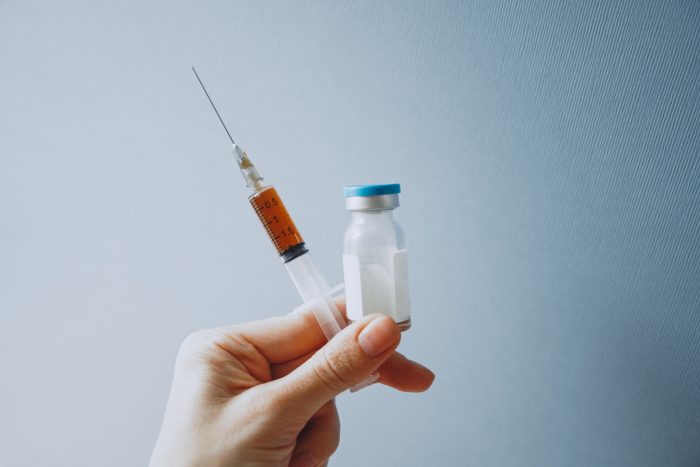
Getting Vaccinated Before You Travel
First off, let’s chat about how to get vaccinated before traveling. According to the CDC, you should get vaccinated at least a month before traveling to allow your body time to build up immunity and to get all necessary doses of the vaccine administered. It is also recommended that you and your family get shots required for all countries before traveling and stay informed about travel notices that may affect your family’s travel plans.
In order to get your vaccine, visit your primary care provider. If your family doctor does not yet provide COVID vaccinations, then find a travel medical clinic in your area.
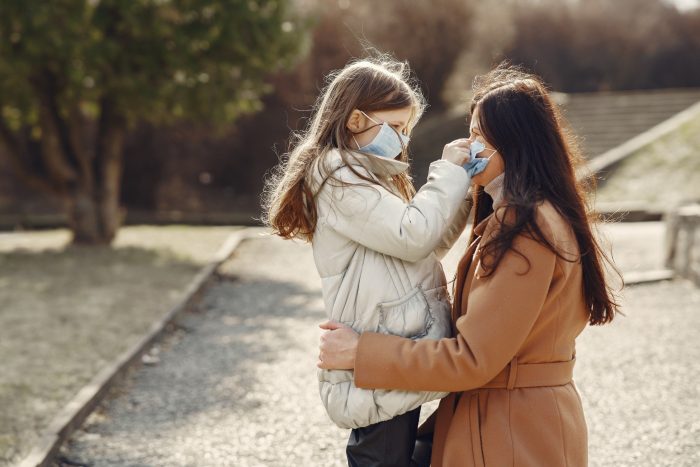
So You’re Vaccinated…Now What?
Once you’re vaccinated, there are still some unknowns at this point regarding what we know about COVID and immunity. In an interview with the World Health Organization, Dr. Katherine O’Brien, the Director of the WHO’s Department of Immunization, Vaccines and Biologicals said:
“The vaccines that we have right now are all two-dose vaccines. After the first dose, we see a good immune response that kicks in within about two weeks of that first dose. And it’s really the second dose that then boosts that immune response…We don’t know yet how long immunity lasts from the vaccines that we have at hand right now. We’re following people who have received vaccinations to find out whether or not their immune response is durable over time and the length of time for which they’re protected against disease. So we’re really going to have to wait for time to pass to see just how long these vaccines last.”
According to Dr. O’Brien, we don’t know yet from the clinical trials whether or not the vaccine only protects people from getting infected or if it also protects against transmitting the virus to somebody else. Therefore, it is important to continue with COVID precautions even after vaccination, such as wearing masks, social distancing, and washing hands often.
Anthony Harris, M.D., medical director at WorkCare, a consulting company focused on health in the workplace (including airlines and cruise ships), considers it “likely, even though it’s going to be a state-by-state process, that states will elect to mandate vaccinations and proving a record of vaccinations.”
Harris told AARP that even vaccinated people will need to follow mask wearing and safe social distancing recommendations, at least “until we reach the herd immunity magic number, which is around 196 million individuals” in the U.S.
Health experts advise elderly people to remain especially cautious about travel during the pandemic, even after they are vaccinated.
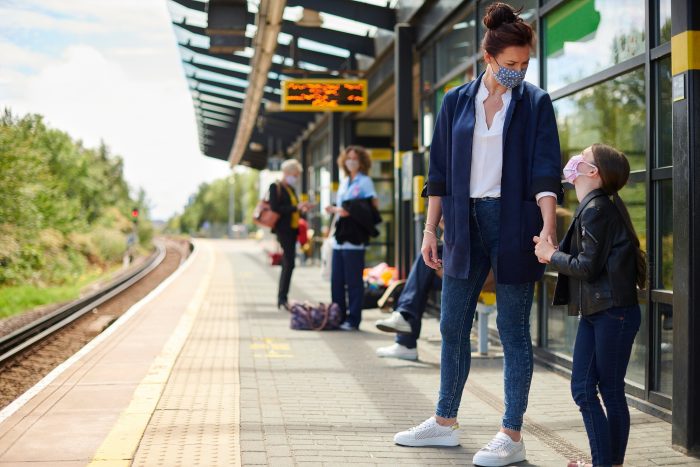
Will you be required to vaccinate before traveling?
A study released by Hilton last year showed that 95% of Americans miss traveling. Those who are truly dedicated to scratching that itch will, in all likelihood, be required to get the vaccination eventually.
Though no country has a mandatory vaccination requirement yet, it is very possible that some will once the vaccine is widely available, says Sharona Hoffman, co-director of the Law-Medicine Center at Case Western Reserve University School of Law.
World Trade & Tourism Council (WTTC) CEO Gloria Guevara made headlines when she said vaccination mandates would be discriminatory to travelers:
“A blanket vaccination requirement would simply discriminate against non-vulnerable groups, such as Generation X, Z and Millennials, who should be able to travel with proof of a negative Covid test,” she said in a statement published Tuesday on WTTC’s website.
Polls have shown that large numbers of people plan to decline vaccination as of now, especially in the United States. However, a survey released on December 29, 2020 by market research firm Ipsos with the World Economic Forum showed that 69% of Americans were willing to get vaccinated against Covid-19, a 5% increase from October. So, perhaps the general public will continue to embrace the vaccine as a route method of disease prevention.
As far as we can tell at this moment in time, vaccinations are not yet mandatory, but could very well become required in many destinations—especially as the vaccine becomes more readily available to the masses and accumulates more long-term data from clinical trials.
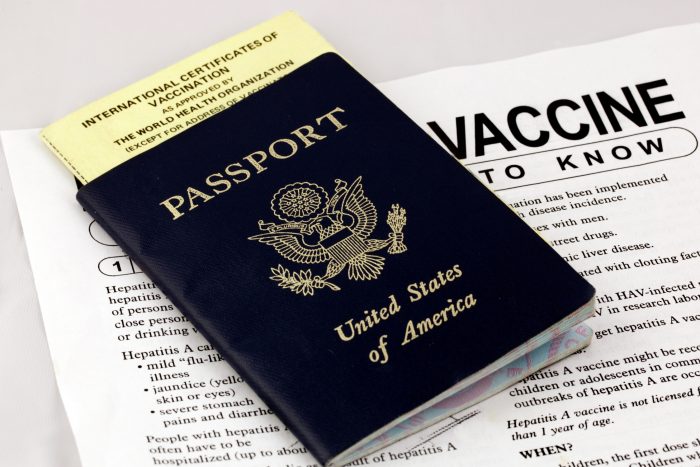
What Is the ‘Vaccine Passport’?
On February 4, the New York Times published an article entitled “Coming Soon: The ‘Vaccine Passport'” with a prediction that “in the near future, travel may require digital documentation showing that passengers have been vaccinated or tested for the coronavirus.”
The novel term was initiated by the government of Denmark, who said that in the next three to four months, it will roll out a digital passport that will allow citizens to show they have been vaccinated to help alleviate the stresses of traveling.
Though Denmark is the only country so far to announce a ‘vaccine passport’ initiative, one of President Biden’s executive orders aimed at curbing the pandemic asked government agencies to “assess the feasibility” of linking COVID vaccine documents with other vaccination records. Additionally, Etihad Airways and Emirates will start using a digital travel pass that helps streamline documentation of COVID testing and vaccinations.
In summation: The ‘vaccine passport’ is a viable concept that is already on the table for discussion between governments, airlines, and regulatory organizations. The challenge at this point is mostly logistical; i.e. how to create a document or digital record that is compatible around the world, protects our privacy, and is accessible to all people regardless of their status (or whether they possess a smartphone).
Though a ‘vaccine passport’ is not yet in production or anywhere near final stages, it is certainly something to keep an eye on.
